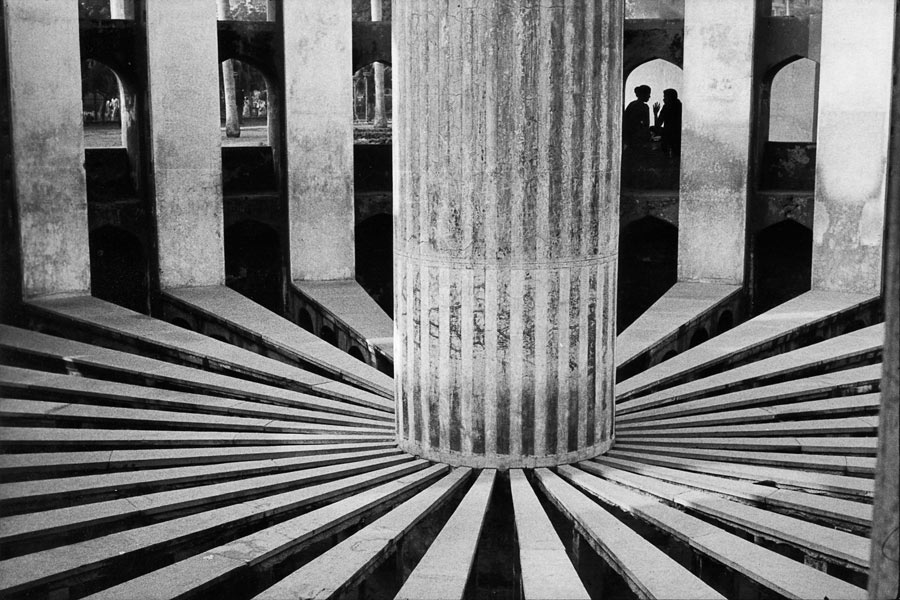
Focusing on the early decades after India gained independence in 1947, this course raises questions about the nature of freedom and the tasks of development and modernisation faced by postcolonial nations. The course begins with a brief study of Jawaharlal Nehru, India’s first prime minister. Students will survey his philosophy and his style of leadership while exploring the myth of the strong male leader. The course will then cover India’s foreign policy, asking students to probe the meaning of Nonalignment, and inspect the character of India’s relations with Indians Overseas and with its neighbours, including China and Pakistan. Students will then turn to the nature of secularism in India by examining the treatment of Muslims who remained in India after the creation of Pakistan. This section also probes official attempts to reform Hinduism and improve the lives of Dalits (former untouchables) in India. Students then are asked to query how socialist India was by reading political theory from Communists, Socialists, Gandhians and others. Next, students interrogate the nature and extent of economic development achieved in this period by studying the strengths and weaknesses of international aid supplied to the country, as well as India’s own development programmes. Students will then explore how Indians expressed their visions of modernity in the realms of science, art & architecture and the emancipation of women. Finally, the course concludes by scrutinising the Constitution and the conduct of India’s first democratic elections. Using a variety of primary source materials, with a strong element of film and visual arts, this course asks students to see India and Indians in new ways.
